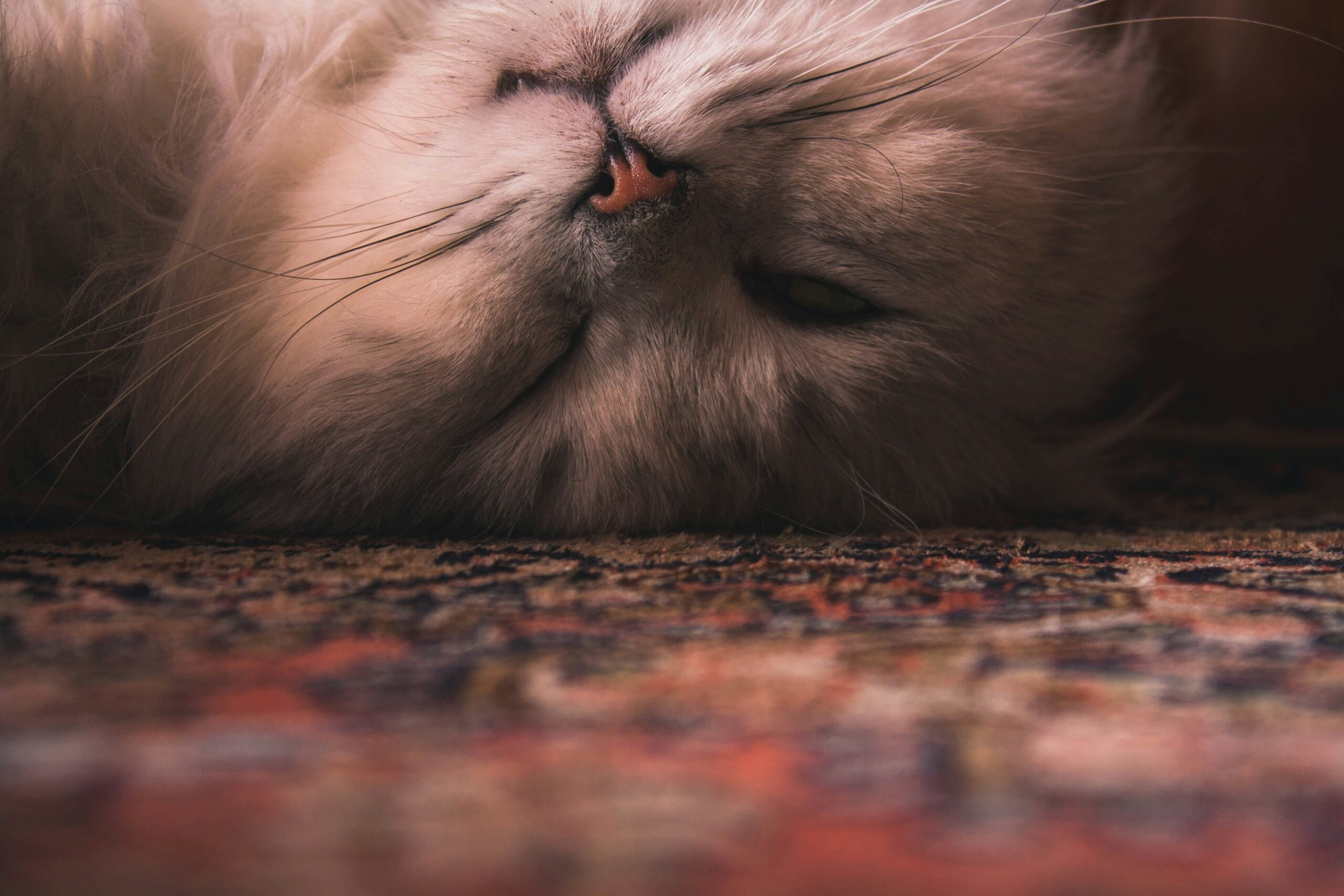So, you’re thinking about adding a Persian cat to your family, but you’re wondering if they’re a handful to take care of? Persian cats are known for their striking appearance and gentle personalities, but yes, they do come with their own set of care requirements.
If you’re prepared to put in some effort, they can make wonderful companions. Let’s break down what it really takes to care for these beautiful felines and see if they’re the right fit for your lifestyle.
Table of Contents
1.General Care Requirements
Grooming Needs
Persian cats are like the supermodels of the feline world with their long, luxurious coats. But, all that fluff requires a fair bit of maintenance. You’ll need to brush their fur daily to prevent mats and tangles.
Their dense coat can easily get knotted if not properly cared for. Regular brushing also helps reduce shedding and keeps their fur in top shape. Bathing isn’t usually required too often, but some owners choose to bathe their Persians every few months to keep their coat looking fresh.
Don’t forget about their eyes—they can be prone to tear staining, so a gentle wipe with a damp cloth can help keep them clean.
Diet and Nutrition
Feeding your Persian cat a balanced diet is key to keeping them healthy and happy. They’re not particularly finicky eaters, but it’s important to provide high-quality cat food that meets their nutritional needs.
Look for food specifically formulated for long-haired breeds or those with specific dietary requirements. Also, keep an eye on their weight. Persians can be prone to obesity, so portion control and regular exercise are essential.
Fresh water should always be available, and it’s a good idea to check with your vet for any dietary recommendations tailored to your cat’s health.
2.Health Concerns
Common Health Issues
Persian cats, like many purebred cats, have a few health issues that are worth knowing about. Their flat faces, or brachycephalic structure, can lead to breathing problems and dental issues.
They’re also at risk for polycystic kidney disease (PKD), a genetic condition affecting the kidneys. Keeping an eye on their health and watching for any unusual signs or symptoms can help catch these issues early.
Regular vet check-ups are crucial to monitor their health and address any problems promptly.
Regular Vet Visits
Regular vet visits are a must for keeping your Persian cat in tip-top shape. These check-ups allow your vet to screen for common health issues, update vaccinations, and provide necessary treatments.
Your vet can also offer advice on grooming and diet to ensure your Persian is living their best life. It’s a good idea to establish a routine schedule for vet visits, usually once a year, but more frequently if your cat has specific health concerns.
Early detection of potential problems can make a big difference in your cat’s overall health and longevity.
3.Lifestyle Adaptations
Indoor vs. Outdoor
Persian cats are generally best suited to indoor living. Their long coats can make them more vulnerable to weather extremes and outdoor dangers. Plus, their calm and laid-back nature means they often prefer a cozy indoor environment where they can lounge and relax.
If you do let them your cat to go outside, it should be in a safe, enclosed area to protect them from traffic, other animals, and diseases. Indoor cats also tend to live longer and stay healthier.
Space and Environment
Creating a comfortable and safe space for your Persian cat is important. They thrive in a calm, stable environment with plenty of cozy spots to nap and play. Providing scratching posts, climbing trees, and interactive toys can help keep them mentally and physically stimulated.
Keep Your Persian Cat away From Aggression through Proper Treatment and Love.
Since they enjoy a quiet environment, try to keep their living space free of loud noises and chaos. A little bit of planning and a few adjustments to your home can make a big difference in your Persian’s happiness.
Conclusion
In summary, while Persian cats require more grooming and special care compared to some other breeds, they’re not necessarily hard to take care of if you’re prepared for their needs.
With regular grooming, proper diet, and attentive health care, you can enjoy many happy years with your Persian cat. They have their quirks, but their loving and affectionate nature often makes the extra effort well worth it.
If you’re ready to invest a bit of time and care, a Persian cat could be the perfect furry friend for you.

2 thoughts on “Persian Cat Care: Is It Really That Challenging?”